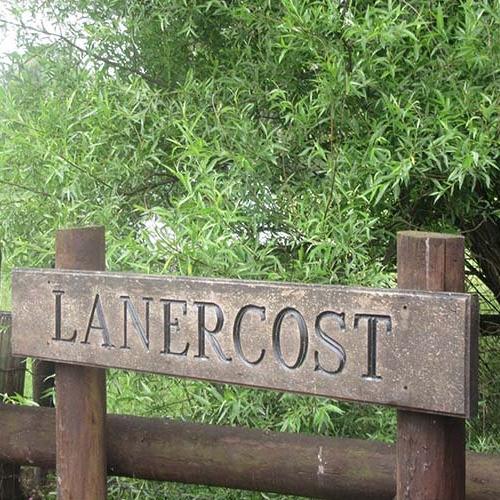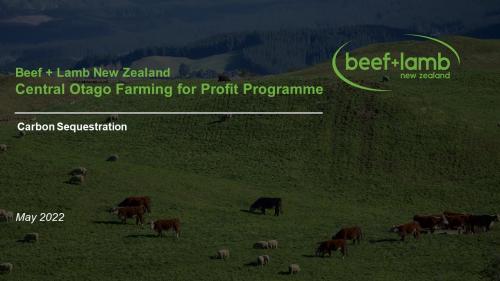Search results
Displaying 261 - 270 results of 1223
- News… if the country is to increase exports and grow the economy, amid rising protectionism …

- NewsB+LNZ Chair Kate Acland says the proposed amendments are a positive step forward. “We have been very clear that the Government’s approach was flawed and was going to lead to significant unnecessary …

- Factsheet… series nitrogen essential nutrient plant growth occurs naturally environment can added … waterways because causes aquatic weeds algae grow too fast which chokes waterways blocks … loss excessive soil beyond what needed plant growth can move down through soil profile …
- Video… of species (both native and exotic) that will grow in Central Otago environments. …
- … We invest farmer levies in programmes that grow the sheep and beef industry and provide …
- Factsheet… drench use while having little impact lamb growth smartworm mobile app developed ireland … blanket monthly drench treatment lamb growth first study three farms showed … recommendations based lamb age weight growth potential feed past future rainfall …
- Factsheet… another entity structure equity partnership grow business without buying more land model …
- … that increase their total dry matter grown and drive farm profitability and …
- Factsheet… term strategy improve productivity our ewes grow our farm profits keep changing our …
- Podcast… for Overseer Ltd, about how the model has grown from its early use to do soil fertility …

